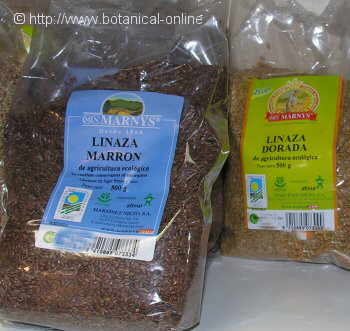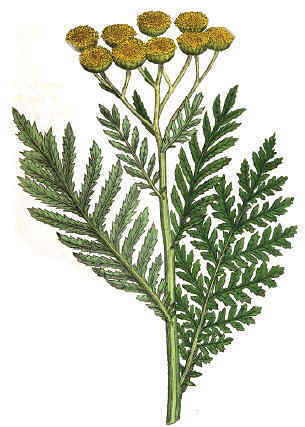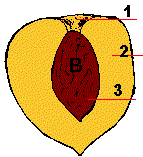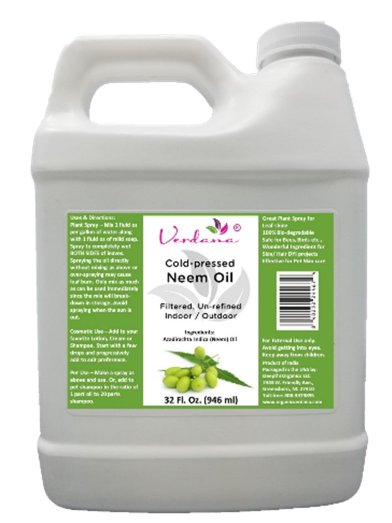Contents
Omega 3 deficiency in vegetarian diets
VEGETARIANISM PROBLEMS
Omega fatty acids in vegetarian diets
Any kind of diet, if not done in a balanced, varied way, with an organized structure, which does not contemplate any possible lack of nutrients, can generate inadvertently nutritional deficiencies.
The important nutrients, and, in some cases, the essential ones, if not properly provided, can bring nutritional deficiencies being a risk factor of multitude of problems, disorders and diseases, unnecessary and avoidable with a proper nutrition.
One of the main deficiencies of nutrients that it is usually more common in vegetarian food, is omega 3 deficiency.
Essential fatty acids in vegetarianism
 Flaxseed is the seed of flax. Flaxseed is a food very rich in essential fatty acids. Today it can be found in most food establishments
Flaxseed is the seed of flax. Flaxseed is a food very rich in essential fatty acids. Today it can be found in most food establishmentsEssential fatty acids are a type of polyunsaturated fat that our body can not synthesize by itself, and therefore, we have to acquire them through our diet.
There are two families of essential fatty acids, the omega 6 family and the omega 3 family. Within each family, in turn, we find various fatty acids with their respective properties:
Omega 3 fatty acids in vegetarianism
Vegetarians may generally find more difficult to obtain omega 3, since there is a limited range of plant sources containing these fatty acids.
Omega 3 (= linolenic acid) resides mainly, though not exclusively, in animal foods such as oily fish. Some plant foods with which we can provide part of the omega 3 we need are flax oil, ground flax seeds or nuts.
- Sometimes we can not fulfill our omega 3 requirements through our regular diet and we have to take some supplement.
Types of omega 3 fatty acids
Within the omega 3, we have:
- Alphalinolenic acid or ALA, which resides mainly in the oil plant seeds such as flax seed and, to a lesser extent, in the seeds of soybean, canola, walnuts, hemp, etc..
- Eicosapentaenoic acid or EPA, which resides in the oils of oily fish and milk.
- Docosahexaenoic acid or DHA, which resides in the oils of fatty fish and some microscopic algae.
Roles of omega 3
The main functions of linolenic acid are the following:
- The formation of cell membranes, some hormones and retina.
- The control of the proper functioning of the immune system and of neurons and their transmissions.
When and why omega 3 supplement?
If we do not provide the necessary amounts of this essential fatty acid, we do not only prevent some anomalies, but many health problems may appear. Moreover, these problems can end up becoming major diseases.
If we provide the necessary amounts of this essential nutrient, we are helping our body to prevent problems of blood circulation, hypertension, heart diseases, brain problems, some cancers, etc.
- Sometimes omega 3 is absolutely essential and necessary, especially during pregnancy and lactation.
![]() More information on problems in vegetarianism.
More information on problems in vegetarianism.








